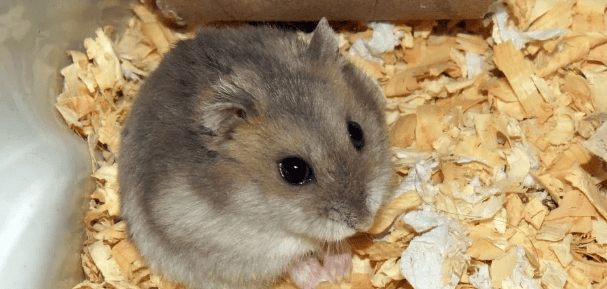Hamsters are nocturnal animals, resting during the day and active at night; they are solitary animals, they like to stay in cool and dry places, like to sleep in, and do not like to bask in the sun; they are omnivores, feeding mainly on plant seeds and plants. Eat young stems, leaves, fruits, and occasionally insects; like to store food, stuff it into their large cheek pouches, and take it back and store it in their burrows; do not hibernate in winter and live by eating stored food.

Nocturnal: Hamsters are nocturnal animals, they are active at night and rest during the day. This is their natural behavior in the wild, so don't expect them to be active during the day.
Storing food: Hamsters are experts at storing food. They store food in their gill pouches and carry it back to their nests or other safe places. This is to cope with food shortages and is also their survival strategy in the wild.
Climbing ability: Hamsters have strong climbing abilities and can easily climb cage bars, ladders and other structures. Therefore, when choosing a hamster cage, make sure there is no chance of escape and that adequate climbing facilities are provided.
Like to dig: Hamsters like to dig, and they will dig holes in their cages or sandboxes. Providing some suitable material for digging, such as sand or wood chips, can satisfy their natural needs.

Social behavior: Hamsters are social animals and they can live in groups of their own species. However, some hamsters may display aggression towards other hamsters, so proper social training and monitoring is required before introducing a new hamster.
Like exercise: Hamsters are active animals and they need enough space to exercise. Provide a spacious cage with wheels, tubes, and other toys for exercise and entertainment.
Susceptible to stress: Hamsters are sensitive to environmental changes and stress. Try to keep their living environment stable and avoid frequent relocation or disturbance.

 扫一扫微信交流
扫一扫微信交流
发布评论